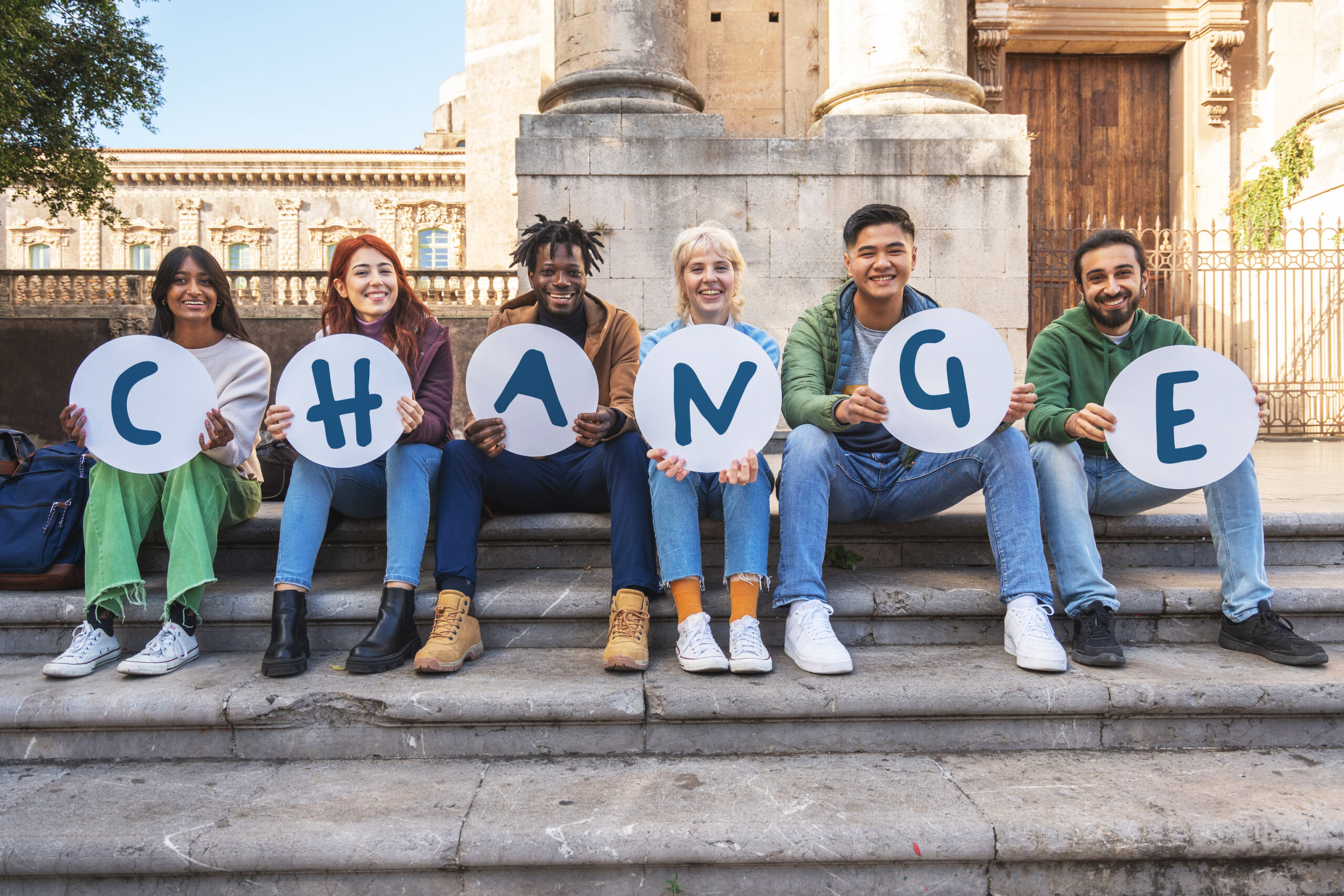
Advocacy is a powerful tool underutilized by public charities to advance their mission. And although the terms advocacy and lobbying are often used interchangeably, as lobbying is a form of advocacy, there are federal law limitations related to lobbying activities that do not extend to non-lobbying advocacy activities.
Lobbying is defined as activities that attempt to influence, whether in direct support of, or opposition to, specific legislation. A charity is permitted to engage in lobbying activities, so long as those activities represent an “insubstantial” part of its overall activities. In order to determine how much lobbying is permissible, the IRS uses either (1) the Substantial Part Test or (2) the Expenditure Test. Under the Expenditure Test, which requires that a very simple election be made by the charity, a charity can engage in relatively generous amounts of lobbying within well-defined limits.
Advocacy that doesn’t meet the above definition of lobbying and that doesn’t constitute participation or intervention in a political campaign on behalf of (or in opposition to) any candidate for public office, may be something a charity chooses to allocate as much of its resources to as is in the best interests of advancing its mission.
Here is a list of 10 advocacy activities that are generally not considered lobbying.
- Request for technical advice or assistance: This communication must be made in response to a written request by a legislative body or a legislative committee or subcommittee and made available to all members of the requesting body.
- Making available nonpartisan analysis, study, or research: This communication can refer to or reflect a particular view on specific legislation, but if it (a) provides a sufficiently full and fair exposition of the underlying facts, (b) is made available, and (3) doesn’t directly encourage a recipient to take action, then it is not considered lobbying.
- Examinations and discussions of broad social, economic, and similar problems: These communications can address the public, members of legislative bodies, or governmental employees on general topics which are the subject of specific legislation, but must not refer to specific legislation or directly encourage the recipients to take action.
- Self-defense communications: These communications with a legislative body address matters that might affect the existence of the organization, its powers and duties, its tax-exempt status, or the deduction of contributions to the organization. Such communications, even if they constitute lobbying, are not counted against any lobbying limits.
- Certain communications with members: A charity may inform its members of the issues and its stance on a specific piece of legislation, without encouraging them to contact their elected officials.
- Certain communications with the general public: A charity may communicate with individuals or groups without such communications being regarded as lobbying if (a) they do not refer to specific legislation; or (b) if they do refer to specific legislation, they express no view on such legislation; or (c) if they express a particular view on specific legislation; they include no call to action.
- Certain direct communications with a legislative body: A charity may inform a legislator how an agency grant received has helped its constituents or educate a legislator about the effects of a policy on her or his constituency.
- Communications with non-legislative bodies: A charity generally may contact an executive or administrative body on issues regarding development or implementation of its regulations and/or policies.
- Fact sheets: A charity may develop and distribute fact sheets that educate the general public on important issues that impact their community but that do not include a call to action encouraging the recipient to take action with respect to specific legislation.
- Litigation activity: A charity may engage in litigation to obtain a favorable judicial interpretation of the law.
Resources:
Being a Player – A Guide to the IRS Lobbying Regulations for Advocacy Charities, Alliance for Justice
Nonprofits and Lobbying, Business Law Today (American Bar Association)
Michelle Baker is a San Francisco-based attorney interested in social impact.